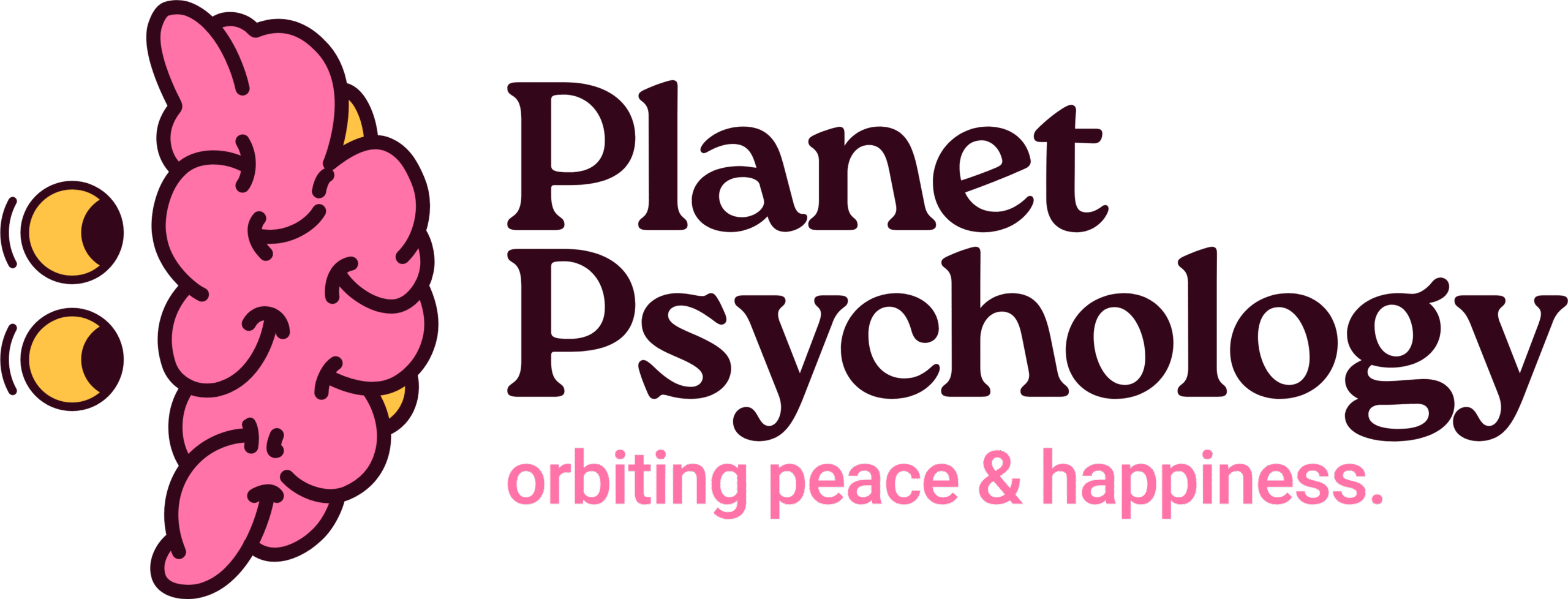
Anxiety isn’t just about stress or worry—it’s often a signal of something deeper. Beneath the surface-level fears about work, relationships, or daily obligations lie profound existential concerns that many of us avoid. The problem? What we avoid doesn’t disappear—it becomes anxiety.
Psychotherapy, especially existential therapy, doesn’t just manage symptoms. It helps people confront these deeper fears head-on. When we face them directly, the grip of anxiety begins to loosen.
Renowned existential psychotherapist Irvin D. Yalom identified four “ultimate concerns” that underlie human suffering. Understanding and addressing these—not just intellectually, but emotionally and experientially—is where real healing begins.
1. Death: The Fear We Pretend Isn’t There
Many people dealing with anxiety talk about their jobs, relationships, or finances—but rarely mention the elephant in the room: mortality. Yalom observed that when patients confront the reality of death, their surface-level worries often shrink in importance.
Therapeutic reflection:
Facing death doesn’t need to be morbid—it can be empowering. It reminds us that life is finite, and that makes it precious.
Try this:
Write your own obituary. What would you want it to say?
Visit a cemetery and reflect.
Ask yourself: “What would I regret not doing if life ended tomorrow?”
2. Freedom: The Responsibility We Resist
We often say things like “I have to stay in this job” or “I can’t leave this relationship.” But Yalom reminds us: You’re choosing to. This truth is both liberating and terrifying.
In therapy, clients explore where they’re denying responsibility—where “I have to” has replaced “I choose to.” Reclaiming agency is a powerful antidote to anxiety.
Practice this shift:
Replace “I have to” with “I choose to” and notice how it feels.
List 10 things you could change today—even if you won’t.
Own one decision you’ve been blaming on someone else.
3. Isolation: The Loneliness of Hiding Your True Self
Ironically, many people feel isolated because they hide their true selves to avoid rejection. But the connection we crave can only happen when we show up authentically.
Therapy provides a space to safely explore and reveal your real self—often for the first time.
Start small:
Tell one person a real fear this week.
Stop saying “I’m fine” when you’re not.
Admit when you’re confused, scared, or unsure.
“Everything can be taken from a man but one thing: the last of the human freedoms — to choose one’s attitude in any given set of circumstances.”
— Viktor E. Frankl
4. Meaninglessness: When “Success” Isn’t Enough
Many people chase external achievements, only to feel empty once they arrive. Why? Because meaning isn’t found—it’s created.
A CEO once told his therapist, “I’ve achieved everything and still feel empty.” The therapist responded, “Good. Now you can stop searching for meaning and start creating it.”
In therapy, clients reconnect with what truly matters to them—not what society, family, or status tells them should matter.
Try this:
Help someone who can’t repay you.
Create something unnecessary, but beautiful.
Do one thing every day that feels meaningful to you, even if no one else understands it.
Why Therapy Helps
What makes therapy so powerful is its ability to go beyond coping strategies. Therapy asks bold, direct questions that most of us avoid:
How do you escape your freedom?
What are you afraid to face about death?
Where are you pretending not to be alone?
What meaning are you waiting for instead of creating?
Anxiety thrives in avoidance. Therapy gently but courageously guides you toward what you’re avoiding—not to overwhelm you, but to free you.
Final Thoughts: Finding Freedom Within Life’s Limits
These four concerns—death, freedom, isolation, and meaninglessness—aren’t problems to solve. They’re part of being human. The key isn’t to eliminate them, but to engage with them honestly.
When you stop running from life’s deepest truths, you discover something unexpected: peace. And that’s where real healing from anxiety begins.
If anxiety has been holding you back, therapy can offer more than relief—it can offer transformation. Let’s talk.

